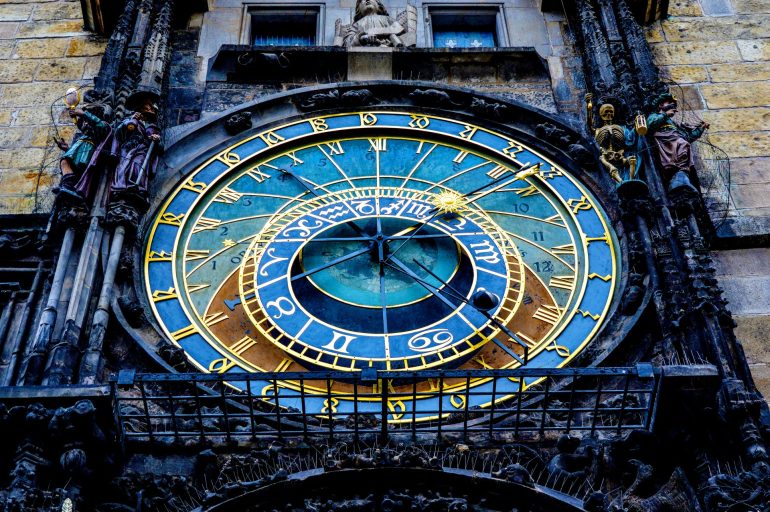Chronology is the order in which events happen in time. This shows how one event follows another in sequence and can be used to produce a description of past events or tell a story in chronological order. There are three main kinds of chronology: order, periodization, and social.
Order is used to show events happening in sequence from earliest to most recent. Organizing is arranging a set of objects from left to right would be an example of order. Periodization is what separates history into different parts or categories based on different characteristics such as dynasties, empires, or epochs. Social chronology organizes history by the lifetimes of people who were living during that time period.
Chronologies may be constructed to emphasize a particular direction or point of view. For example, in comparison, such as creation versus evolution chronologies, which attempt to factor out elements common to both perspectives; or through bias, which include favoring political themes represented in propaganda over historical evidence from other perspectives.
A calendar is a chronology that describes how events relate to each other based on the order in which they actually happened—in other words, an ordinal chronology. Two other examples of common chronological methods include:
An absolute chronology is one that attempts to assign precise dates to events or tie them into time periods. An example of this would be, the regnal years of monarchs or the duration of overlordships between political entities.
A relative chronology is where items are arranged into named categories without reference to any specific time. For example, categorizing food by its type would be a relative chronology.
